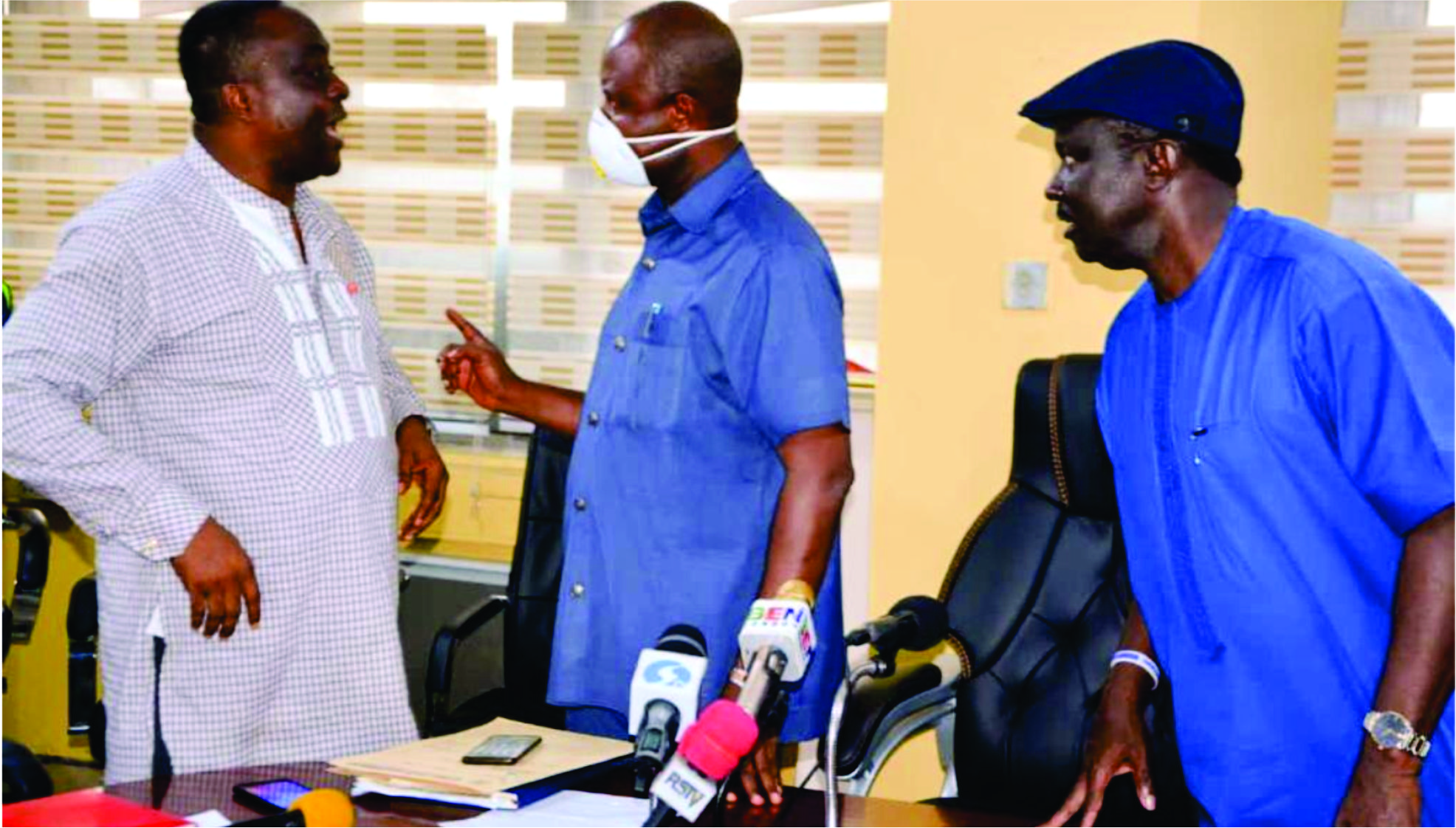Editorial
For Hygienic Abattoirs In Rivers

Desperate to check illegal abattoirs and the promiscuous sales of cattle in Rivers State,
the government has decided to take serious steps to squelch the abattoirs that continuously operate as slaughterhouses with effect from October 1, 2020.
The Commissioner for Agriculture, Dr Fred Kpakol, made the astonishing disclosure recently and declared that his ministry would debut the regular inspection of abattoirs and slaughter slabs to effectively ensure that they met the basic standard.
The commissioner further asserted that any slaughterhouse which failed to meet up with the mandatory minimum sanitary benchmark would be shut down. In the first place, we readily acknowledge that there is no action more heartwarming than this. If there is a sub-sector that actively requires soundness of mind it is the abattoirs in the state.
An exquisite example is the Trans-Amadi butchery in Port Harcourt popularly known as Trans-Amadi Slaughter Market and located at the prominent Trans-Amadi Industrial Layout. Established in the late 1980s, the place remains the biggest abattoir in Rivers State.
This abattoir is a directly applicable illustration of the rot in that sub-sector. The filthy atmosphere and rancid belches have rather become a considerable scandal to even the management of Obio/Akpor Local Government Area which controls and collects revenue from users.
The filth therein, no doubt, constitutes grave health concerns to its users and the hundreds of traders and visitors to the market daily. What first engages a guest to the marketplace is the disgusting odour that oozes out, enveloping the entire area. That is the stark reality of our slaughterhouses.
It is for that reason the shrewd move to strategically reposition abattoirs in the state very much agrees with our sentiments. We equally extol plans by the government to build three more slaughter-pens to take the slaughter enterprise closer to the people across the state. We hope all the noble plans announced by the authorities will be backed by very pragmatic steps towards actualisation.
The multiplication of abattoirs is a disconcerting reality not only to the state government but to everyone that lives and does business in the state, especially as it pertains to the health of the entire citizenry. Built on this, it is explicit that meat processing plants need to be established to meet the necessities of the ever-increasing population in the state and, most of all, handle the slaughtering, processing, packaging and distribution of meat from animals.
As objectionable features are obliterated from the existing abattoirs, we strongly advise that special vigilance be accorded slaughterhouses outside Port Harcourt, such as Okomoko in Etche, among others, where cows are killed indiscriminately without due inspection.
Indeed, it makes great mental demands how in this dispensation meat butchers use polluted water from stagnant water sources to wash meat for consumption. The same persons utilise plastics and scrap motor tyres to burn animal meat. These insanitary conditions have to be rid of our slaughter environment forthwith.
The ministry can also descend on other marketers of raw foods like cold rooms, poultry, garri, tomatoes, rice, among others, to ensure healthy living. Rivers State must no longer be a domain for the illegal operation of slaughter homes, given that about 30 per cent of health challenges in the state emanate from polluted and contaminated food consumed inadvertently.
Against this backdrop, it is deemed appropriate that a special task force be set up together with a team of inspectors to explore all abattoirs and validate the health status of animals before they are slain and vended to the public. Such a task force, if formed, should be made up of veterinary doctors and their associates in the profession who are experts on animal health and safety.
Equally, there is a special need for synergy among all stakeholders to ensure compliance with health and safety regulations in their day-to-day activities at the abattoirs. In addition, we task members of the cattle market to strictly comply with the rules in their daily transactions, closely unite and take steps to ensure that every animal brought into the state is healthy and fit for consumption.
At the same time, the constant pleas by the butchers and cattle marketers over multiple taxes and levies have to be investigated and addressed. In the end, let only the approved fees and levies be authorised. This way, the usual penchant for cutting corners by butchers may be drastically minimised.
With the foregoing in mind, it is important that the government and people of Rivers State clearly define how they desire abattoirs operating in the state to look like. Hence, the State House of Assembly should urgently propose legislation (if none exists) that underscores, not only the hygiene of slaughtered products, but the strategies for handling and maintenance of all slaughter houses in the state.
Editorial
As NDG Ends Season 2

Editorial
Beginning A New Dawn At RSNC

Editorial
Sustaining OBALGA’s Ban On Street Trading

-

 News3 days ago
News3 days agoAmend Constitution To Accommodate State Police, Tinubu Tells Senators
-

 Politics3 days ago
Politics3 days agoSenate Urges Tinubu To Sack CAC Boss
-

 News3 days ago
News3 days agoDisu Takes Over As New IGP …Declares Total War On Corruption, Impunity
-
Business3 days ago
President Tinubu Extends Raw Shea Nuts Export Ban To 2027
-
Business3 days ago
Crisis Response: EU-project Delivers New Vet. Clinic To Katsina Govt.
-
Business3 days ago
President Tinubu Approves Extension Ban On Raw Shea Nut Export
-
Sports3 days ago
NDG: Rivers Coach Appeal To NDDC In Talent Discovery
-
Rivers3 days ago
Etche Clan Urges Govt On Chieftaincy Recognition

